As the summer holidays are in full swing, we asked what the people of SUSTech are doing with their free time. Some chose to partake in extracurricular activities, and some decided to take part in some field studies. In contrast, others took the opportunities to broaden their horizons and experience different parts of China.
We talked to some of the faculty members and students of SUSTech to find out how they are keeping themselves occupied during the summer months.

This year, SUSTech offered nearly a hundred courses during the primary school period, divided into liberal arts and science courses. Faculty members from SUSTech gave lectures at the schools, covering scientific research, social science, culture and art, language, and other disciplines.
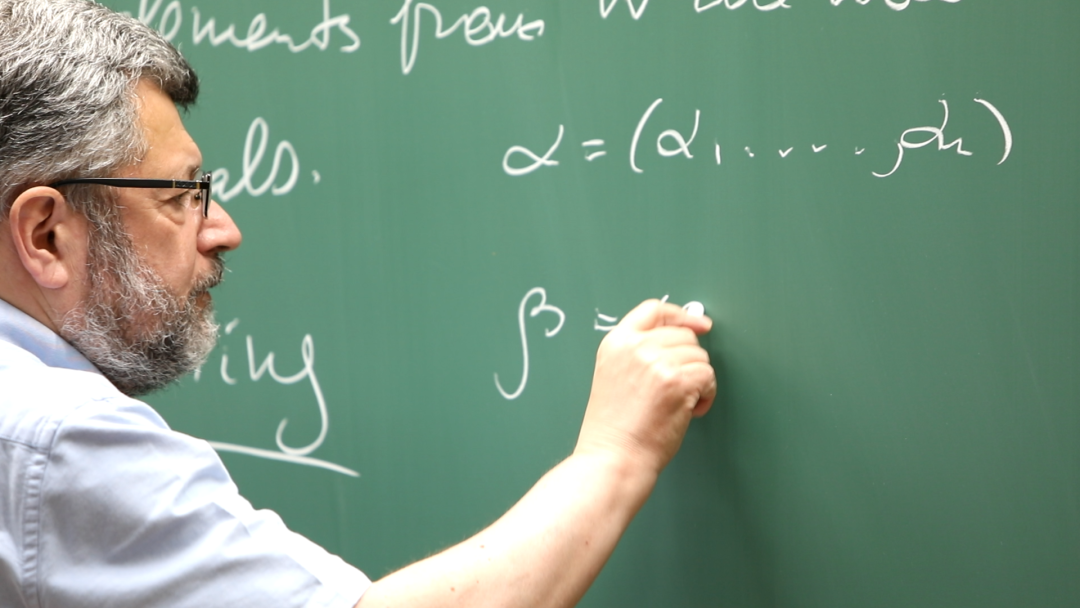
Between the end of June and the beginning of July, Professor Efim Zelmanov, a member of the American Academy of Sciences and Fields Award winner, taught a short-term course called “Applied Algebra” for students. This course was sponsored by the Department of Mathematics, with about 200 students participating online and offline.
Efim Zelmanov is a professor at the SUSTech International Center for Mathematics. The Center is one of ten Nobel Prize Laureate laboratories funded by the Shenzhen Municipal Government. It supports pure, applied, and computational mathematics across the Guangdong-Hong Kong-Macau Greater Bay Area and in other parts of southern China and encourages interdisciplinary research and applications of mathematics in a variety of other fields. Professor Zelmanov serves as the Director of the Center and guides students through courses and academic exchanges every year.
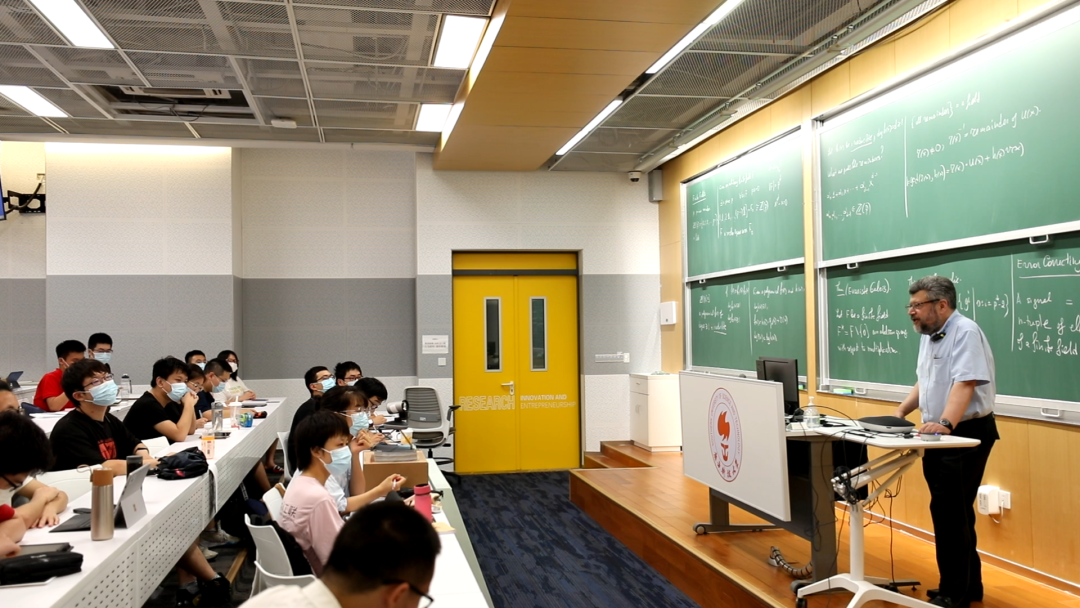
The Department of Earth and Space Sciences (ESS) invited Zhonghua YAO, a distinguished researcher of Institute of Geology and Geophysics, Chinese Academy of Sciences (CAS), and Yong WEI, the Deputy Director of Institute of Geology and Geophysics, to jointly give lectures and offer a short-term summer course on “Basics of Planetary Science.”
They explain the basic concepts of planetary science, learn about research objects and the development history of planetary science, frontier planetary exploration progress, and future directions. They also learned the detection methods of deep space exploration and the research methods of planetary science. It lays a solid foundation for further in-depth study and engaging in earth and space science research.
ESS will also carry out a geophysics field practice from August 2nd to 11th, taking students to areas with a high degree of seismic research. It will involve visiting various locations throughout Yunnan province, including Kunming, Dali, and Lijiang. It will consist of on-site lectures, field observation, instrument arrangement, and seminar discussions that will enable students to deeply understand and master the relevant principles and skills of geophysics.

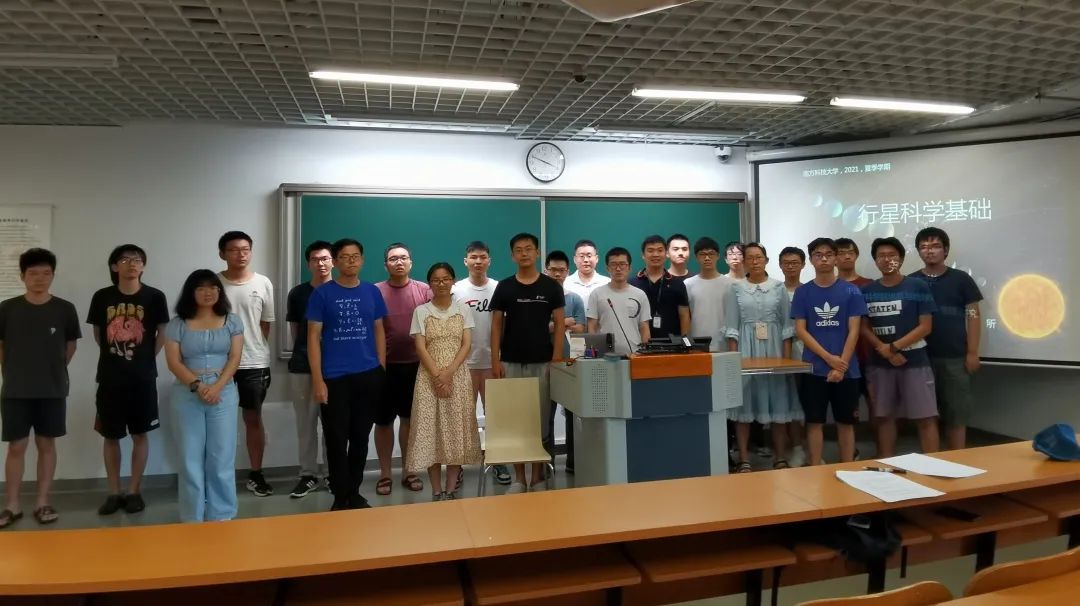
Flight Simulation Experiment is a general elective course offered by the Department of Mechanics and Aerospace Engineering (MAE). This course relies on a six-degree-of-freedom Cessna flight simulator, joysticks, rudders, and other equipment. A person can familiarize themselves with the real-life experience of flying an airplane.
The Cessna flight simulator can replicate an aircraft’s taxiing, diving, and climbing, amongst other tasks. During the flight experience, the instructor will explain to the students the development history of the aircraft, the principles of flying, and the basic knowledge of fluid mechanics and aerodynamics. The simulator experience aims to stimulate students’ enthusiasm for learning more about flying and consider a career in aviation in the future.
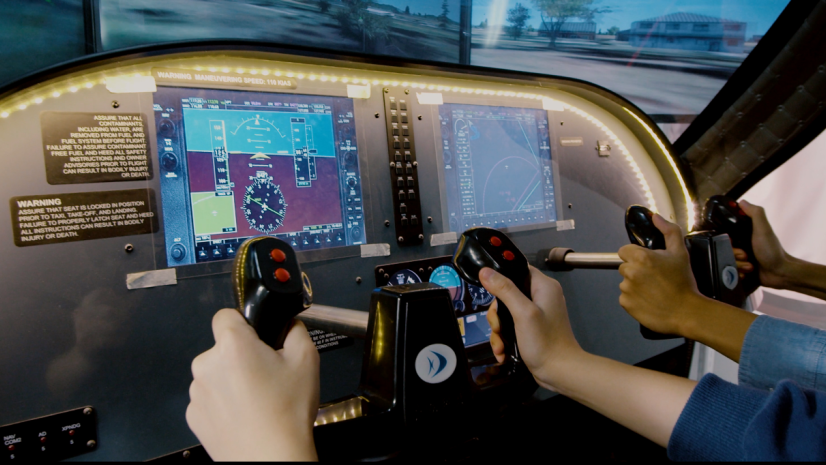
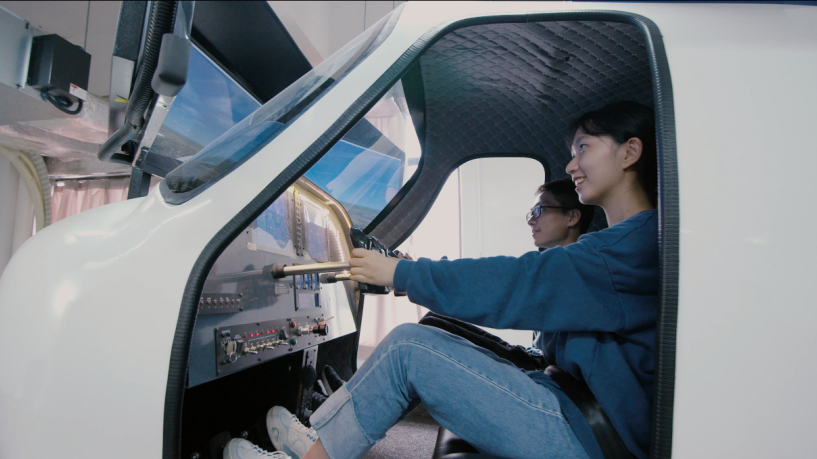
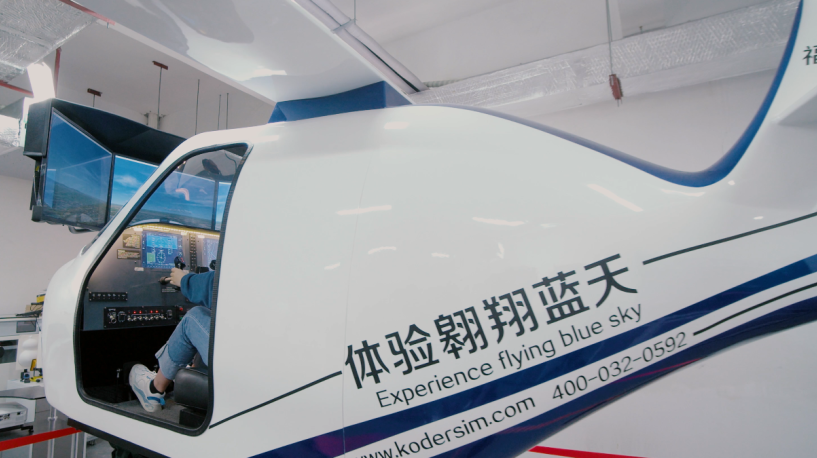
The School of System Design and Intelligent Manufacturing (SDIM) held a summer course called “Da Vinci Challenge Camp.” The camp consisted of more than 70 students from SUSTech and the South China University of Technology.
The students are mixed into seven project study groups in a cross-school approach that studies six knowledge modules in six weeks. These include design thinking, systems engineering, machinery, materials, manufacturing, and electronics.
Students focus on a topic from the future challenges of housing, water resources, health, transportation, safety, social cooperation, economy, energy, waste disposal, etc. They will find different solutions from cutting-edge technology, using materials, mechanics, electronics, rapid prototyping, and other technologies to produce a moving sand table with sound and special effects to showcase future urban design and technology.
The SDIM summer course is an important platform for students to experience the new mode of engineering education. Professors also develop critical thinking, design thinking, systems thinking, team spirit, scientific ethics, and cross-cultural communication skills through the new engineering education model.
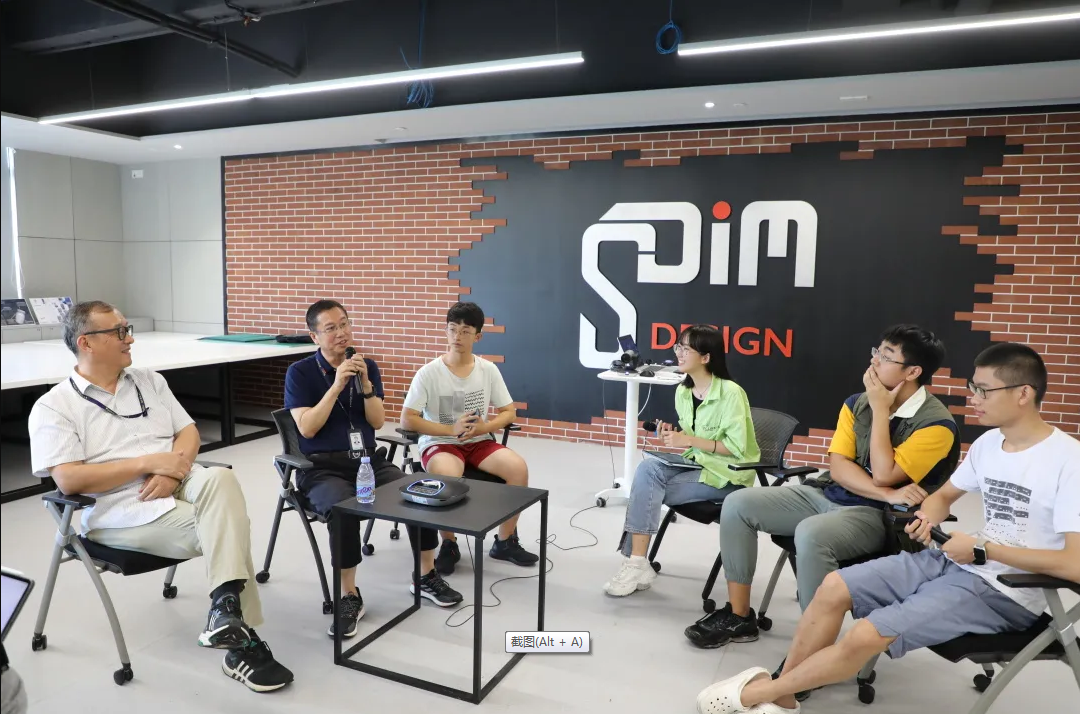
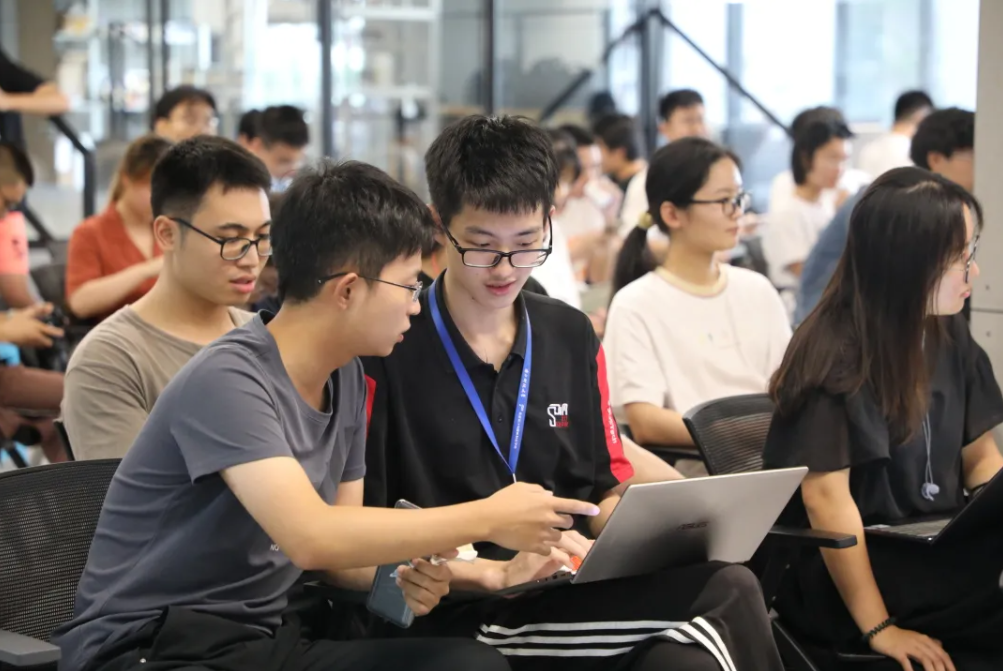

The Center for Social Sciences invited Zongli LU, a Professor at the Hong Kong University of Science and Technology (HKUST), to offer a short course on “Everyday life in traditional China.” The course allows students to understand China’s cultural traditions and cultural mentality. By studying the evolution of daily life in China, people can understand the living standards, social customs, value orientations, and moral standards of different regions in each historical era.
The Center for Social Sciences also offers seven social science courses, including ethics, culture and human cooperative, appreciation of the arts, introduction to political science, Hebrew literature and culture, the history of Asian civilization, and the rise and fall of languages.
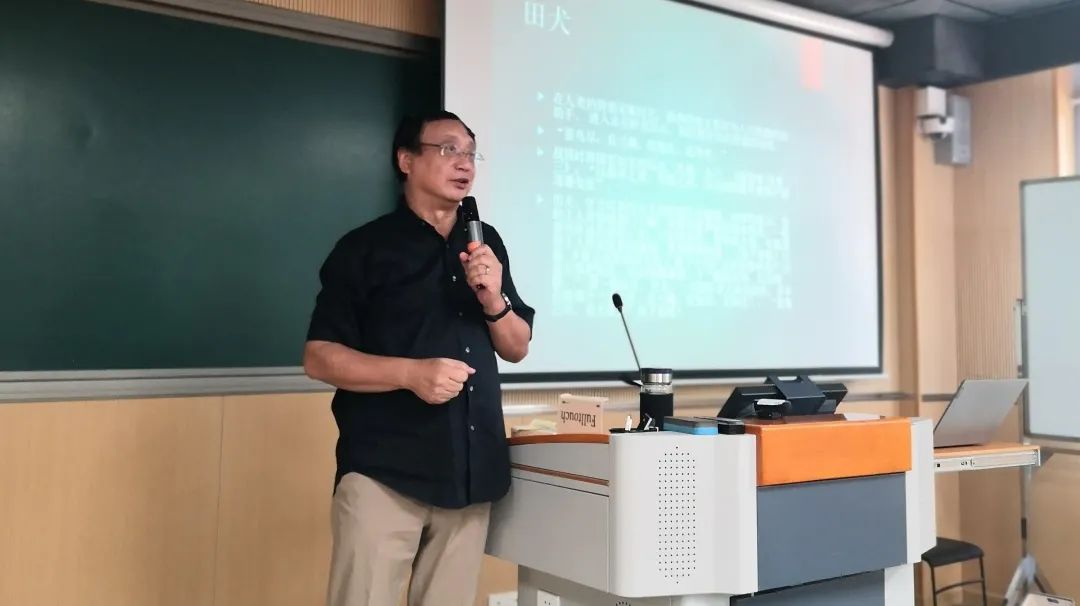
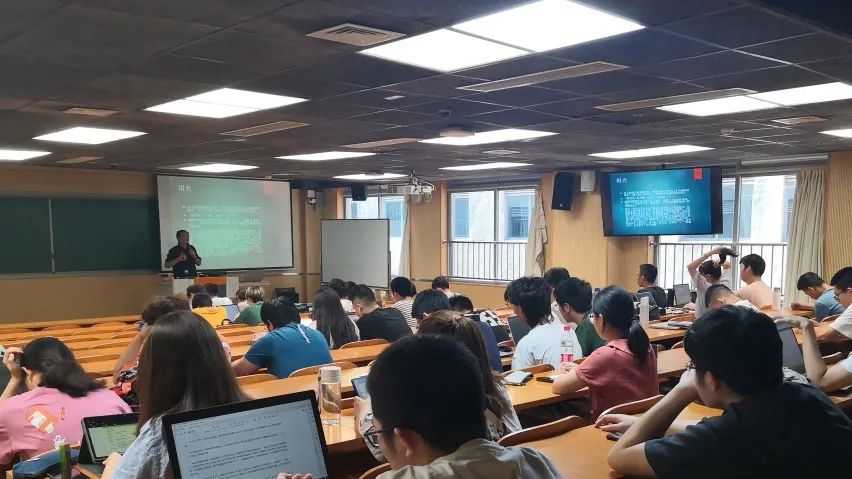
From June 28th to July 10th, students from the School of Environmental Science and Engineering (ESE) visited Emeishan City and its surrounding areas in Sichuan Province for a field trip. They were led by Mr. Jintai XU.
They observed groundwater hydrology in canyons, mountains, plains, and mining areas, to better understand the engineering construction of hydrologic and water resources at the meteorological station and the water conservancy engineering office. They also learned about scientific improvement in early warning and prevention in respect to natural disaster sites, thus creating more awareness to help minimize disasters.
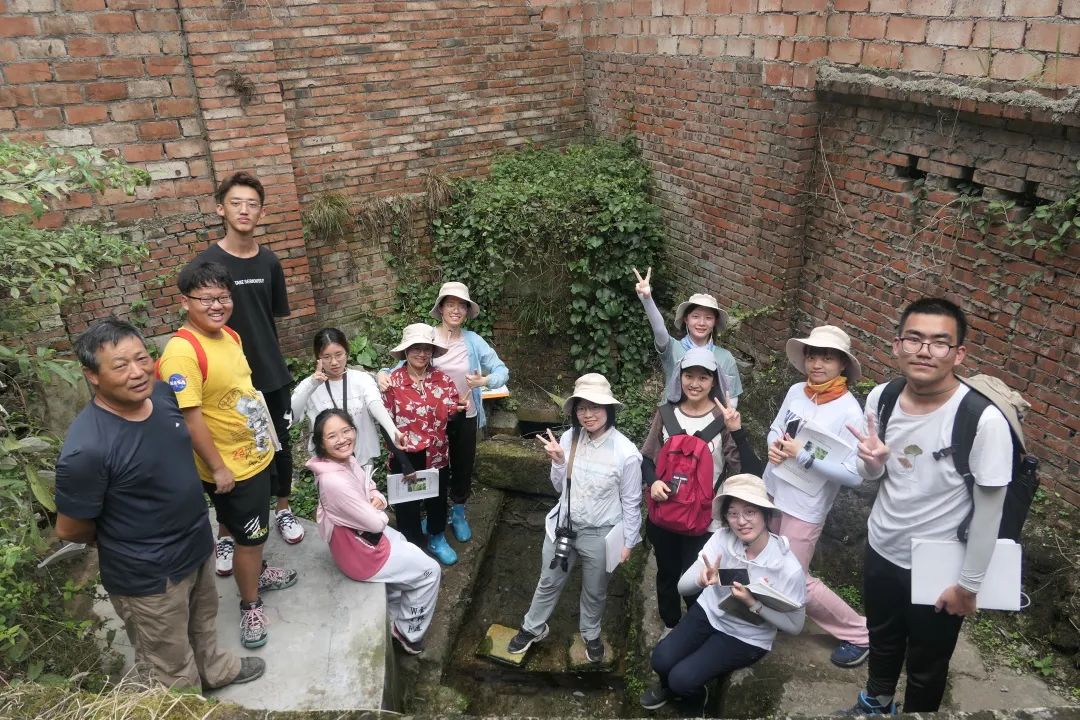
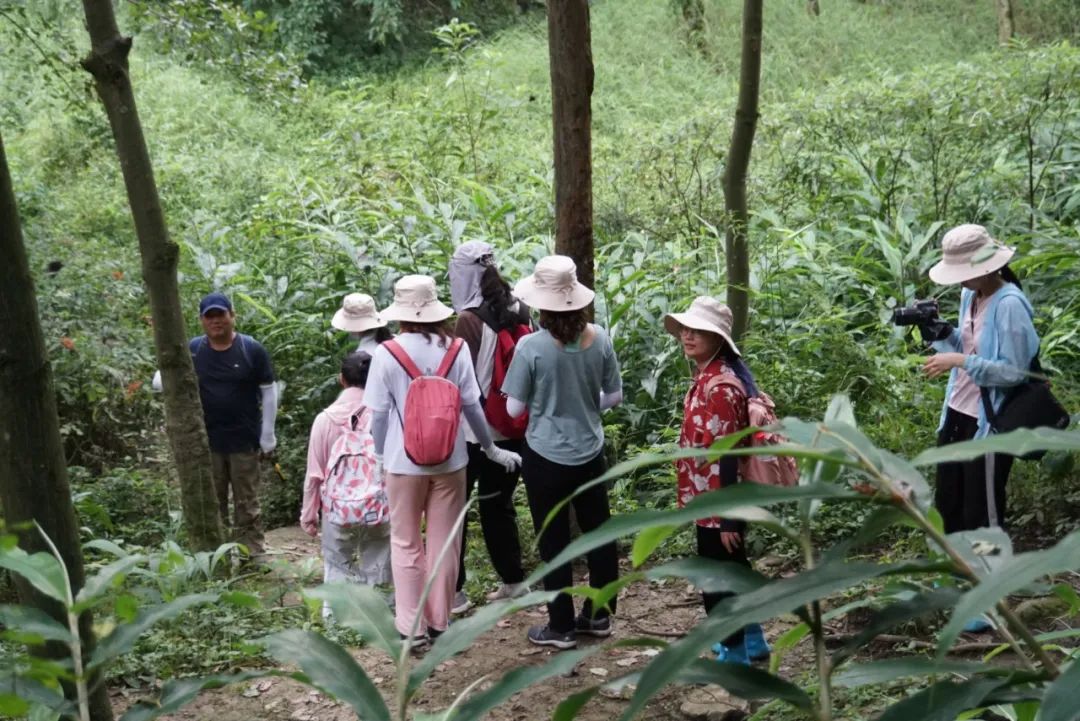
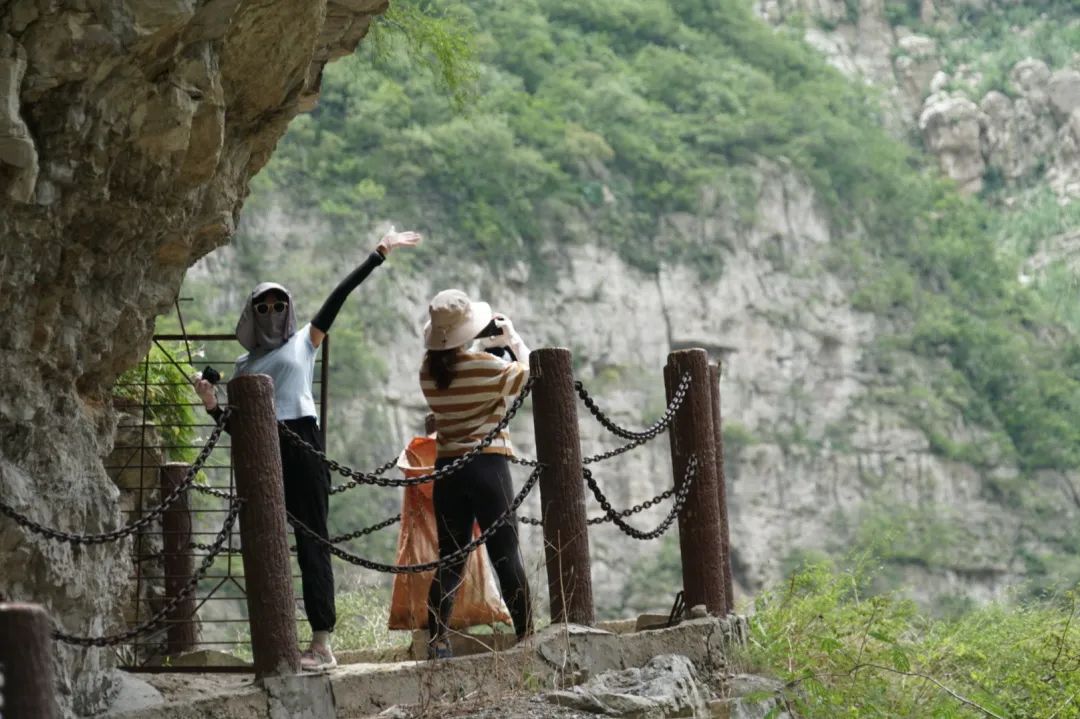
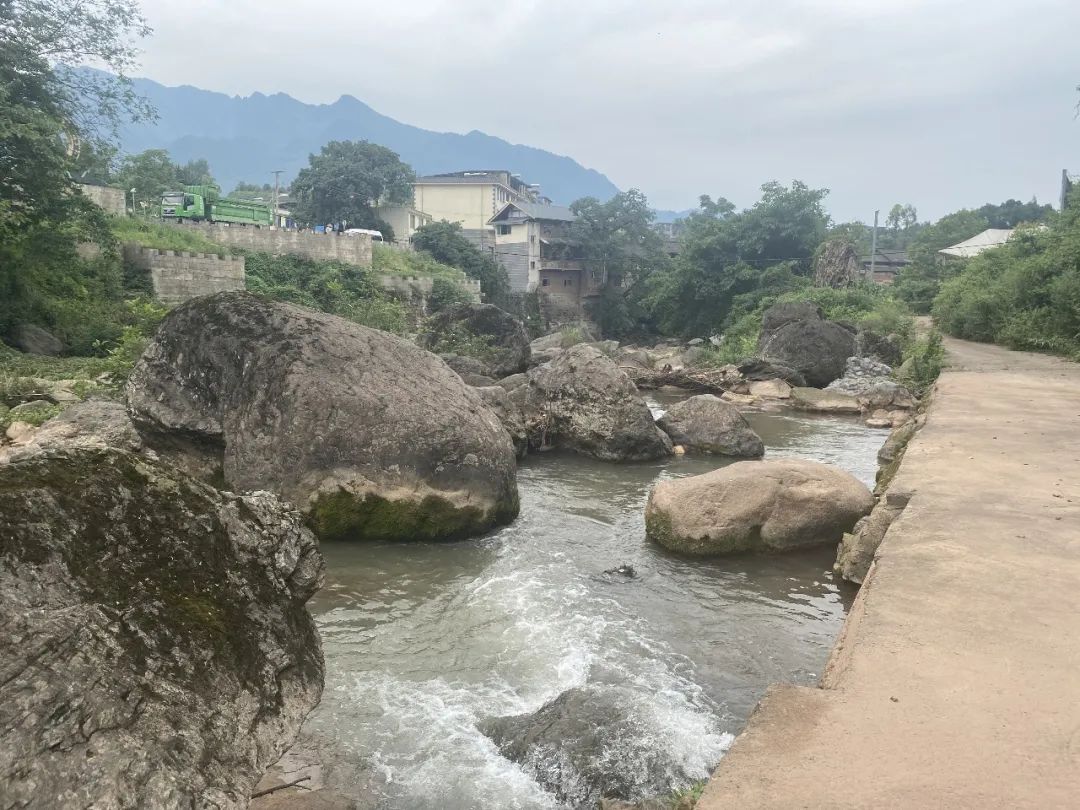
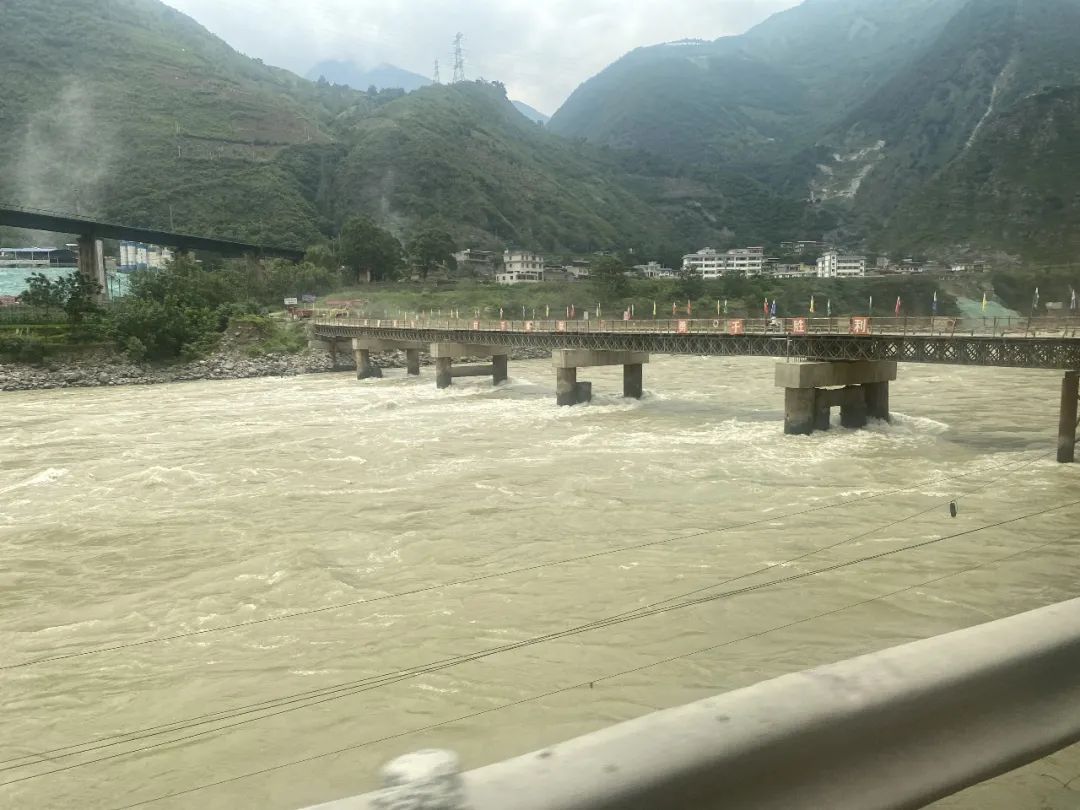
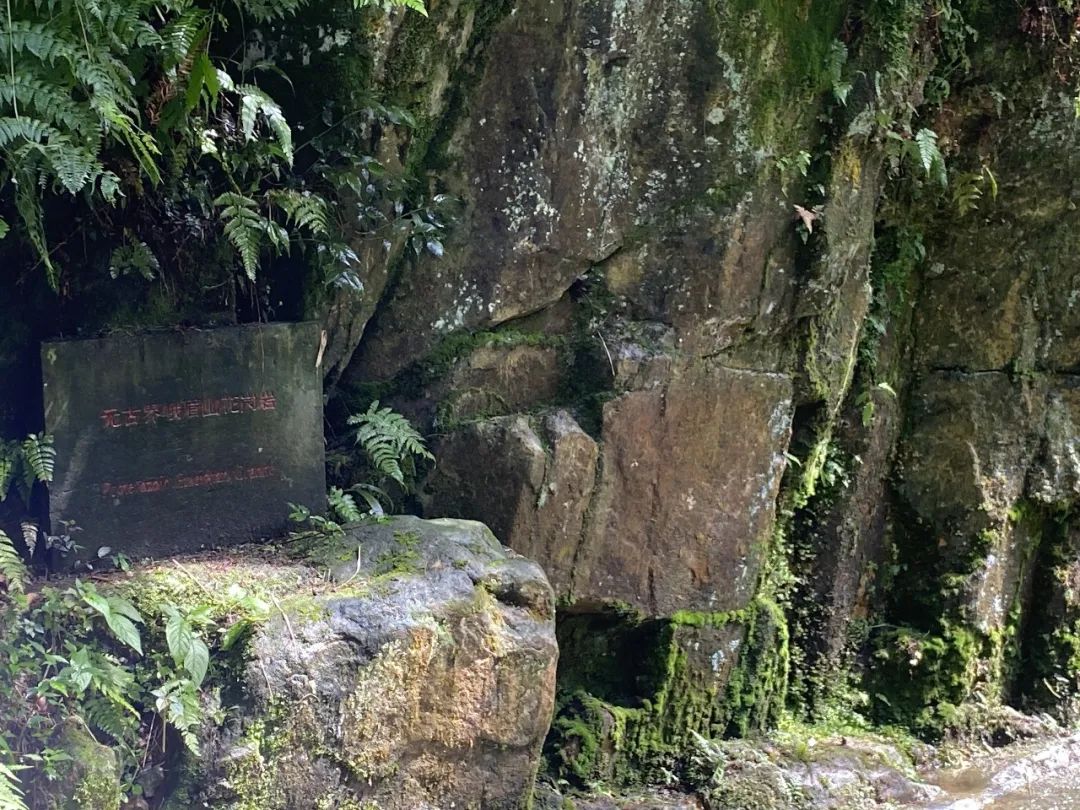
Between July 12th to 23rd, students from the Department of Mechanics and Aerospace Engineering (MAE) are visiting the Shenyang Aerodynamics Research Institute to participate in learning and exchange activities.
They attend special lectures on aerodynamic technology, visit the wind tunnel equipment center, and computational fluid dynamics and information center. It helps students to understand the background of the industry, its development, and the future.
Following instructions from their mentors, they conduct in-depth investigations, analyze and solve practical problems, and understand the requirements for professional skills and theoretical knowledge. It will lay a solid foundation for students to further explore and engage in mechanics and aerospace research.
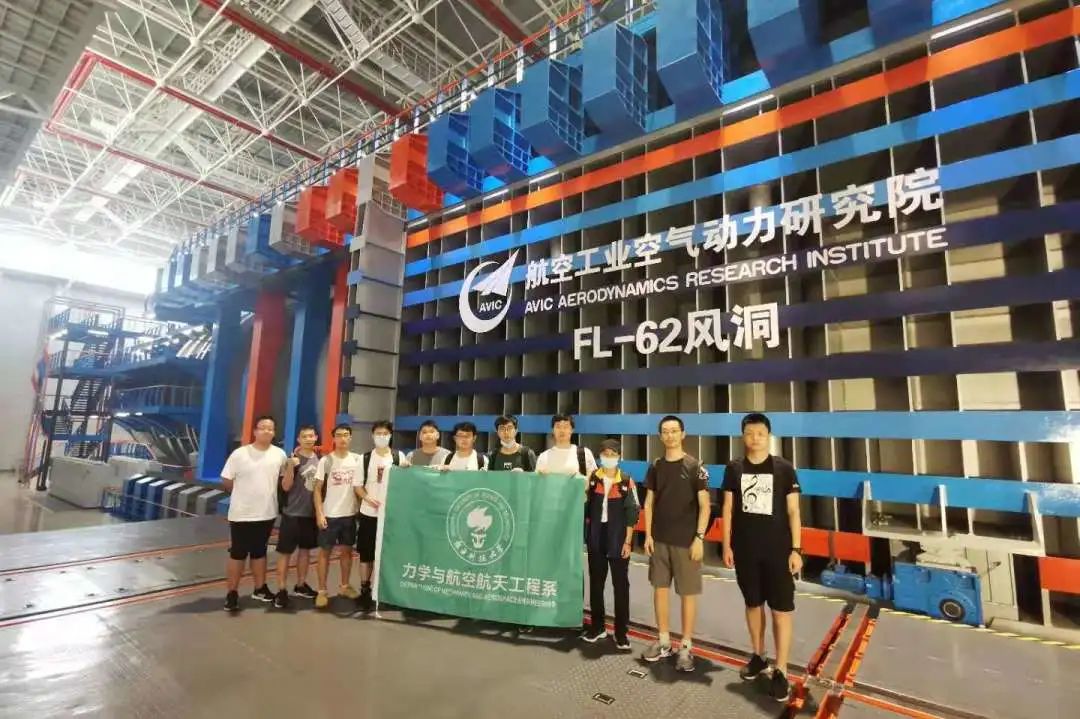
The Department of Ocean Science and Engineering (OSE) undertook and finished its 2021 Summer Geology field trip. It involved exploring mountains and the sea. It has also started preparations for another field trip to take place in Tengchong, Yunnan province.
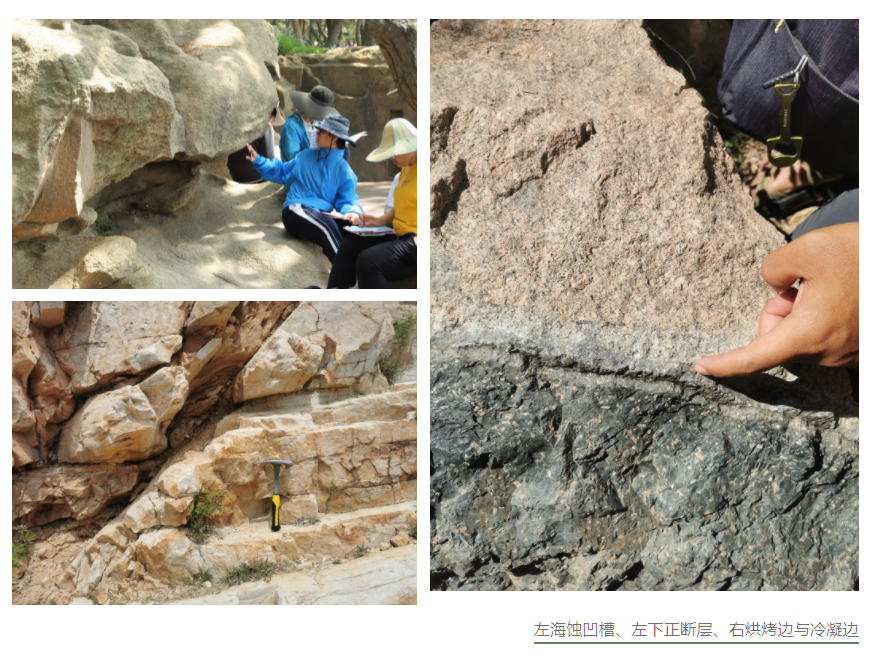
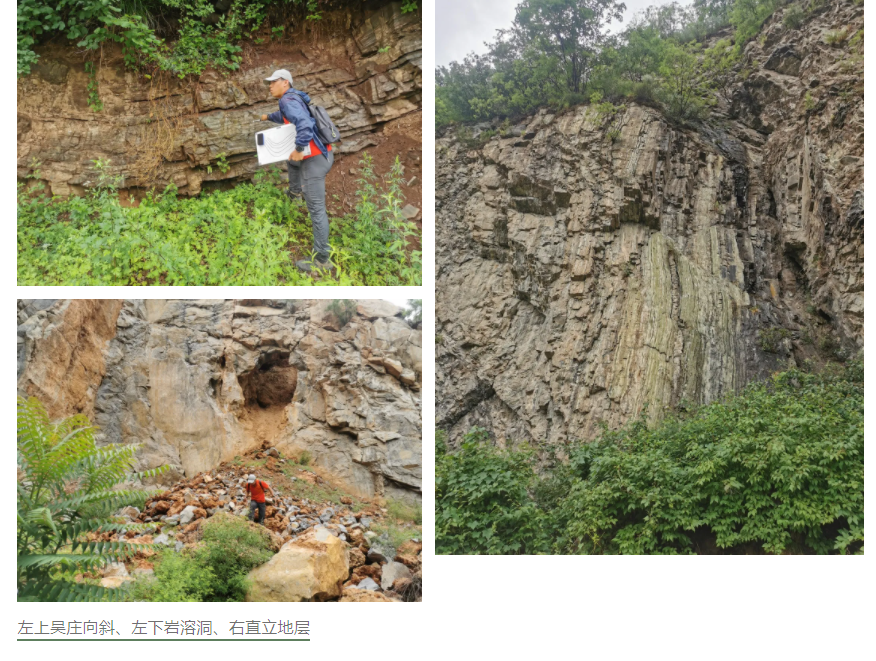
On June 16th, the 2021 education support project was launched. 29 SUSTech students volunteered to offer five online courses for students at Shuicong Primary School in Lingjiao Town, Yunnan Province.
The project is jointly organized by Shuren College and the Education Foundation at SUSTech. It is an online public welfare project for left-behind children in the western region. It aims to accompany and promote the development of left-behind children through the Internet technology platform.
The online education support project was launched during the epidemic. It used Internet technology to expand the platform for public welfare activities for college students. It gained wide recognition from students, teachers, and the community, winning several school-level and provincial awards.

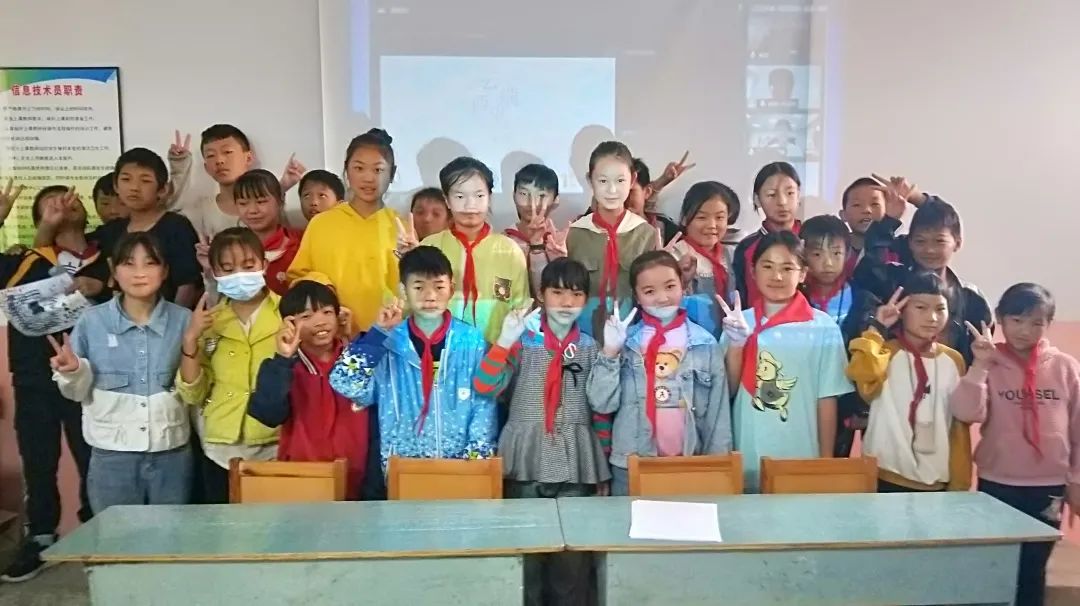
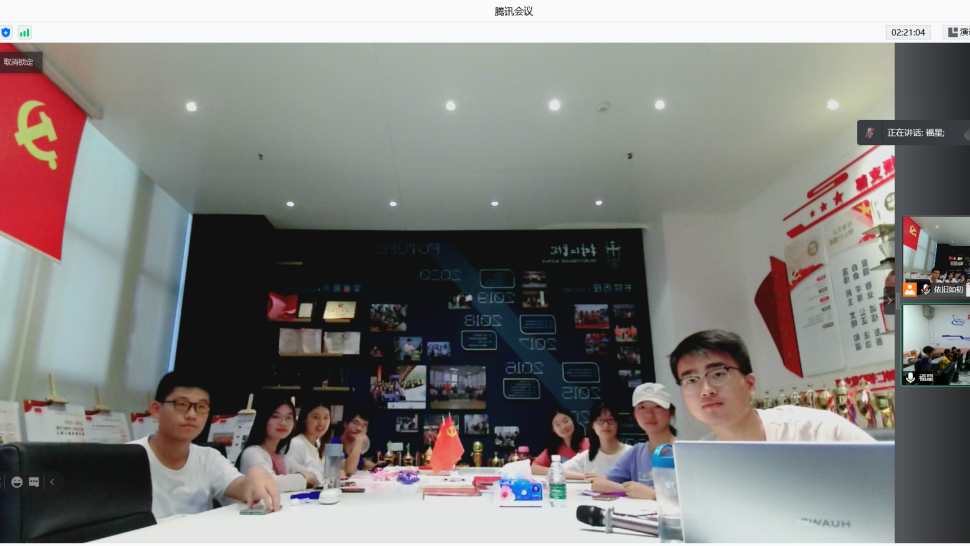

Every summer, SUSTech offers an abundance of opportunities for students to take advantage of during their free time. Whether it’s participating in short-term courses, doing some volunteer work, going on field excursions, or team bonding events, there is a variety of activities for the members of SUSTech to get involved in.
Every year, more and more options are being made available, and this is due to the increased demand and willingness of the students and faculty members to try new things, challenge themselves, and also give back to the community.
Proofread ByYingying XIA
Photo ByOffice of Communications & Public Relations